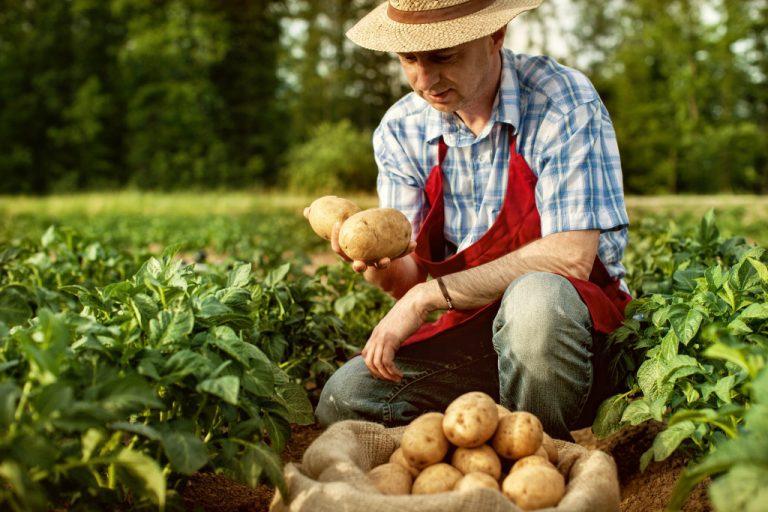Starting a farm is no easy task. There are many things to consider, from the land itself to the crops you plan on planting and the animals you plan on raising. Nonetheless, starting a farm from scratch can be an enriching experience.
However, you also have to ensure you’re set up for success. If you want to make sure your farm is headed in the right direction, there are a few basic things you’ll need to consider before getting started.
Below are five crucial elements to starting a farm:
1. Location, Location, Location
The adage is certainly true when it comes to starting a farm — the location of your farm is critical. Not only do you need to make sure the land itself is suited for farming, but you also need to take into account things like access to water, transportation, and potential markets.
So, before you start anything else, take some time to research potential locations and make sure you’re picking the best spot for your farm. This way, you can avoid any unnecessary headaches down the road.
If you’re not sure where to start, several resources are available to help you, including your local agricultural extension office. It’s also worth talking to other local farmers who may be able to give you some advice.
2. Soil Quality and Preparation
One of the most important things to consider when starting a farm is soil quality. If the soil isn’t suitable for farming, your crops won’t grow well — or worse; they may not grow at all.
Thankfully, there are ways to test soil quality and prepare it for farming if needed. You can either do this test yourself or hire a professional to help you. Once you know what needs to be done, you can start preparing the soil for your farm.
It would help if you could also find out about the history of the land — specifically, whether it’s been used for farming before. If it hasn’t, you’ll need to consider things like soil pH and nutrient levels before starting to farm.
This way, you can ensure your crops have the best chance of success.
3. Choose Appropriate Crops and Livestock

Another essential thing to consider when starting a farm is what crops to plant and what livestock to raise. Not every crop or animal is suited for every type of farm, so you’ll need to do some research to figure out what will work best for you.
For example, if you’re starting a small-scale farm, you may want to choose crops that are easy to grow and don’t require much maintenance. On the other hand, if you’re starting a larger farm, you may want to consider raising livestock like cows or pigs.
You should also consider your local climate and environment when choosing crops and livestock. For example, if you live in a cold climate, you may want to choose crops suited for colder weather, like potatoes or wheat. On the other hand, you may select crops like corn or tomatoes if you live in a hot climate.
4. Get the Right Supplies and Equipment
When starting a farm, you’ll need to ensure you have the right supplies and equipment. It includes things like tractors, plows, and seeders for planting crops and fencing, feeders, and waterers for raising livestock.
It’s also essential to have the right tools for tending to your crops and livestock. This includes things like hoes, rakes, and shovels for planting and harvesting crops, as well as hammers, nails, and screws for building fences and barns.
If you don’t have the necessary supplies and equipment, you may need to invest in new tools or purchase them secondhand. Either way, it’s essential to make sure you have what you need before starting your farm.
5. Build your Infrastructure
Lastly, infrastructure is essential. Make sure you have a barn or shelter to store your equipment in, as well as a place to house your animals. Additionally, an oak garage with a log store is a great way to park tractors and other farm machinery.
This way, you won’t have to worry about your equipment getting damaged in bad weather, and you’ll have a place to store your crops and livestock. Besides, a well-built barn is a great way to show off your farming skills and attract potential customers.
These are just a few of the things you’ll need to consider when starting a farm. By taking these four crucial elements into account, you’ll give yourself a much better chance of success. So, get started today and see just how successful your farm can be!

